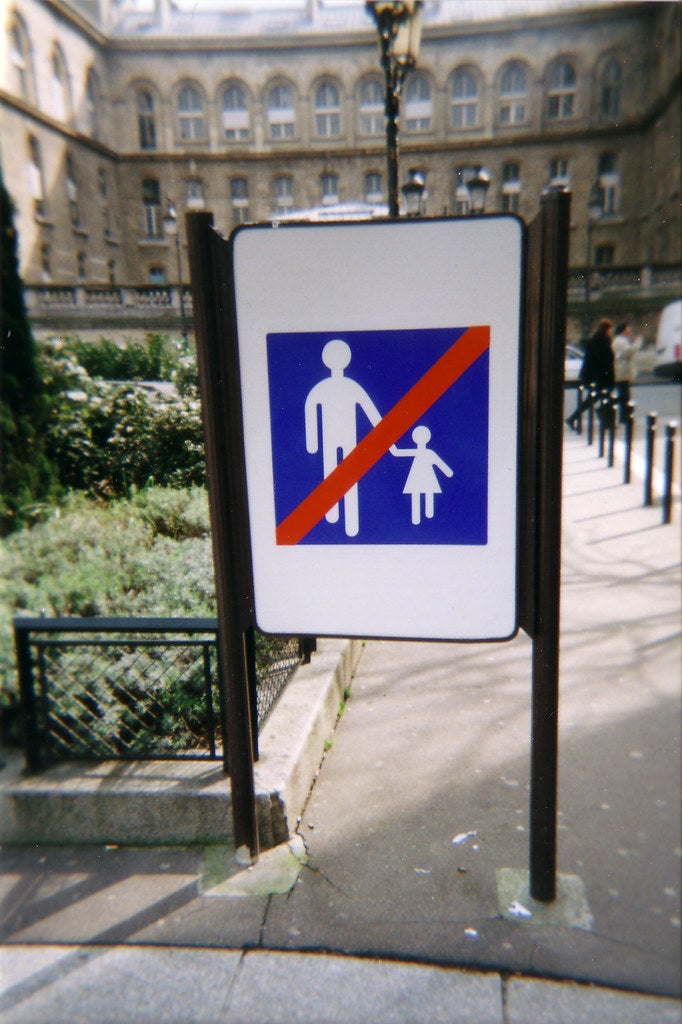
Childfree refers to individuals or couples who do not have children, either by circumstance or by choice. Synonymous terms for childfree may include childless or barren, but these particular words are often believed to be insensitive due the implication that families or singles without children are deficient in some way. We ought to consider childfree people as making a conscious choice to pursue the kind of life they want. Certainly, some childfree individuals and couples do want children, but struggle with infertility or other obstacles to parenthood. This article will focus on childfree individuals who are not trying to conceive or adopt. There are several reasons why someone might choose to live childfree, ranging from personal feelings about child-rearing, career choices, or concerns about the environmental impacts of overpopulation. Many societies place a great deal of importance on having children; some governments even incentivize parenthood through tax benefits or deductions. Socially, childfree people can be stigmatized for deviating from the norm, and people around them may try to push them to follow conventional gender roles. However, living childfree is a lifestyle choice, and therefore individuals without children should be accepted regardless of the decision they make. Someone may be childfree because of fear, personal preferences and beliefs, overpopulation and climate change concerns, or a number of other valid reasons.
History
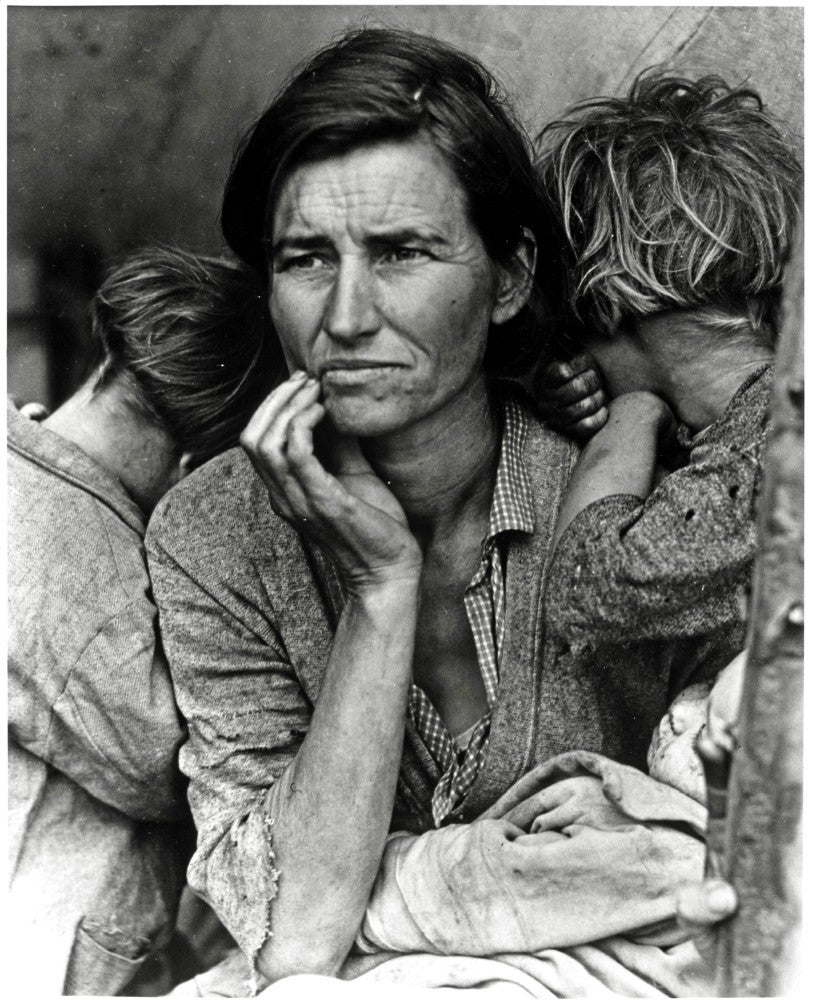
Biologically, humans are programmed to reproduce to ensure the survival of our species. However, as humans develop an increasingly complex society, the nature of our relationships has changed. Our ideas about how people should live are becoming more diverse, and not everyone’s life must include children to be fulfilling. For the most part, people do not need to rely on a child’s labor to help with domestic and agricultural tasks anymore, so children are often a want rather than a necessity. Moreover, most societies today emphasize quality in child-rearing rather than quantity. In other words, it is encouraged for people to concentrate their resources between fewer children rather than many children, in order to ensure them a better life. In parts of the world where basic needs like food, water, and shelter are scarce, having children can be dangerous and difficult. As the effects of climate change around the world worsen, being able to provide a safe environment for children to grow up in is a concern for many.
Furthermore, the expansion of women’s rights has had a huge impact on people’s ability to live childfree. In America, we can examine how the women’s rights movement of the mid-20th century and beyond has influenced this nuanced familial social institution. Since the highly polarized debates around women’s reproductive rights and the introduction of birth control, women have been waiting longer to have children, are having fewer children, or are simply having no children.1 With considerable help from women’s rights activists, such as Margaret Sanger, women have been able to take control over their reproduction and prevent unwanted pregnancies. Additionally, in the past century women have been breaking traditional gender roles that restrict them to domestic work and deny them an opportunity to pursue a career. This desire for equal rights and opportunity is one of the major reasons why many women have been choosing to live childfree. In fact, a recent study found that 49.6% of American women between the ages of 25 and 29 are childfree, and that after 30 years old that number drops to 28.9%.1 This represents the highest percentage of childfree women since the U.S. Census Bureau Current Population Survey began tracking data in 1976. These findings point to a recent trend of women who are choosing to remain childfree and pursue opportunities outside of the traditional gendered role of motherhood.
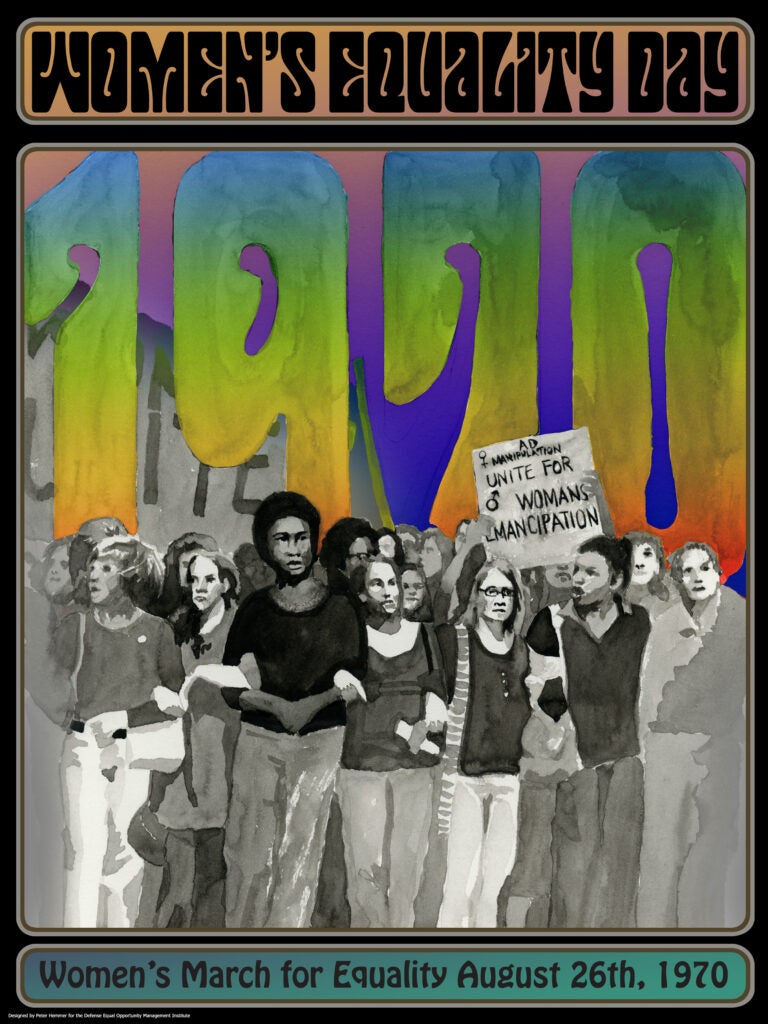
This trend is exactly what the women’s rights movements of the 1970’s fought for. By being able to choose parenthood rather than feeling forced into a maternal role, women get closer to having the same status as men; men are often not subjected to the same pressure to have children, and are not pushed to make domestic life and childrearing their top priority. By having the ability to not have children, women have the chance to pursue a higher education and focus more on their professional careers. Alternatively, women who have children can be discriminated against in the workplace, such as through the “motherhood penalty” and gender wage gap.2 This is one of many reasons why women may choose to remain childfree. Moreover, the lack of guaranteed paid family leave in the United States combined with rising childcare expenses can make the transition to parenthood costly or out of reach for some. That being said, there are many mothers who find a way to balance parenthood and professional life and still be successful. In the end, parenthood should be a choice, one that shapes the lifestyle a person decides they want for themselves.
Why Choose to Be Childfree?
There are many reasons why a person might decide that they do not want children. Children are a serious responsibility and a lifelong commitment, so there are a variety of circumstances that can influence one’s desire for them. For example, if someone is the primary caregiver for a disabled family member or someone who otherwise cannot take care of themselves, those obligations can prevent them from wanting to take on the additional responsibility of a child. Lack of social support and access to necessary resources, as well as not having the physiological ability to procreate due to health problems or genetic disorders, can all lead someone to a childfree lifestyle. Finally, someone could decide not to have children because they lack a secure partner, the partner they have is unfit or is not interested in becoming a parent, or simply because they are generally not interested in children.
Fear
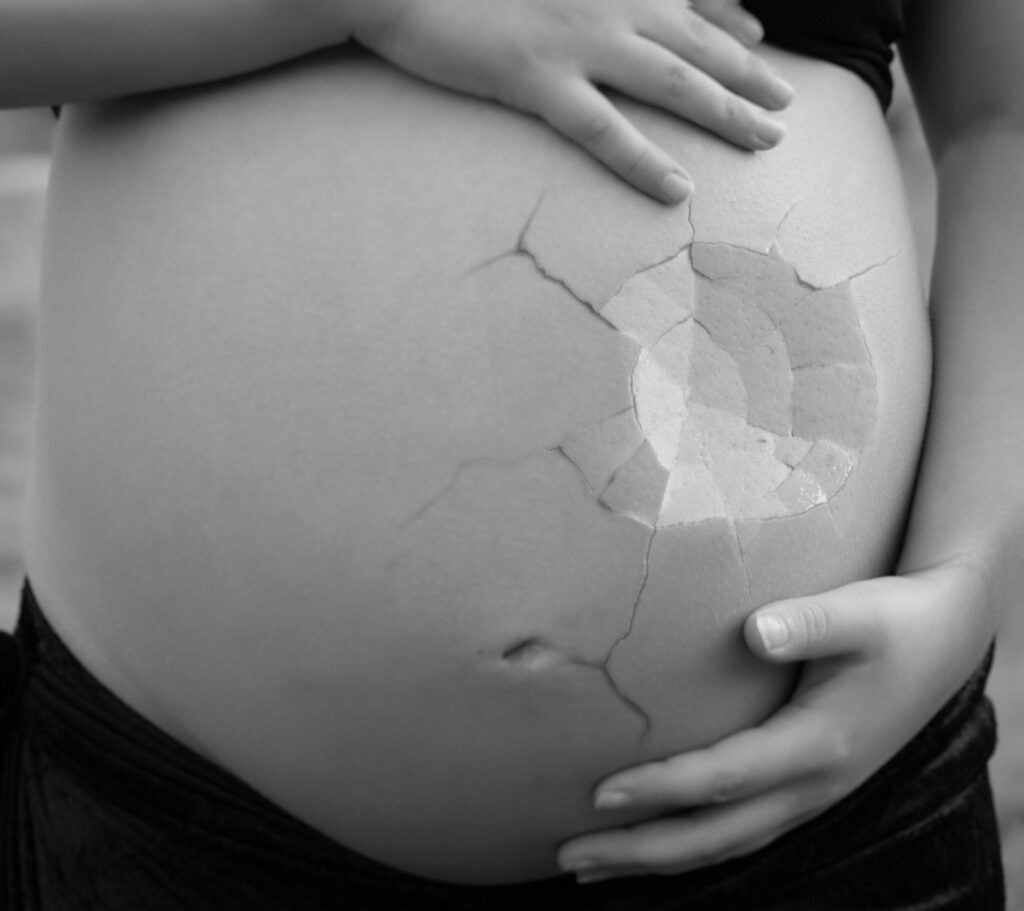
In some cases, fear plays a role in the choice to live childfree. Some individuals and couples fear being “trapped” by having a child due to the financial, geographical, social, and mental restrictions that come with it. Alternatively, some question their ability to raise a child properly or worry that they will repeat the mistakes of their parents. Raising a child is an extraordinary task and many people fear failing at it.
Sometimes the pregnancy itself is the source of fear: many women fear the experience of pregnancy and childbirth. The medical term “tokophobia” was introduced in 2000 to describe the fear of childbirth as a psychological disorder that can induce nightmares, panic attacks, and difficulties focusing on work or family activities.4 Such feelings are often warranted, because pregnancy and childbirth can be an intense and stressful experience. The physical and psychological changes that occur during pregnancy can dissuade people from having children, as well as the risks for complications. Other fears regarding raising children include concerns about the strain children can put on a romantic relationship. Some couples might prioritize romantic love over parental love, while others fear the prospect of separation, single parenting, and co-parenting in the aftermath of a divorce. Finally, a considerable fear surrounding parenthood is the financial obligation, as having children can be incredibly expensive, especially when striving for a middle-class, comfortable living situation. There can arise an additional fear of guilt that a parent might feel by having their children grow up with fewer economic means, even if at no fault of their own.
Personal Priorities and Beliefs

Some believe that without children they can make a greater contribution to society by dedicating more time towards social work, volunteering, mentoring, leadership roles, and other humanitarian pursuits. Perhaps they are passionate about an issue, place, or population to the extent that they want to devote their lives to it and forgo having children as a result. For example, in a documentary about labor activist Dolores Huerta, her children discussed the immense sacrifices required of them in order for their mother to fully commit to her activism. Despite this, they still felt great admiration for her.5 Certainly, children need a lot of attention, and those who lead movements or have otherwise demanding schedules and professions are not wrong to question whether having children is the best decision. While childfree people are commonly perceived as selfish, this is often untrue. RESOLVE, the national infertility association, suggests that a high percentage of childfree people are teachers, social workers, or people who spend weekends doing volunteer work with children or for other social causes.6 Through their line of work, childfree people are able to contribute by providing others with care and/or education. Furthermore, assisting in social work gives them a sense of belonging and purpose in life, similar to what many parents acquire through having children.
Other beliefs can influence a person’s choice to have children. Some believe that people have children for the wrong reasons or in the wrong circumstances, such as social pressure from family or friends. Individuals may have children before they are ready for a wide variety of reasons, ranging from cultural to biological. Some want to avoid bringing unwanted or unplanned children into the world, and others think it is selfish to have biological children when there are many foster kids waiting to be adopted. Everyone’s unique belief system has an impact on their decisions, and everyone is entitled to examine their own values to determine whether or not they want children.
Overpopulation and Environmental Concerns
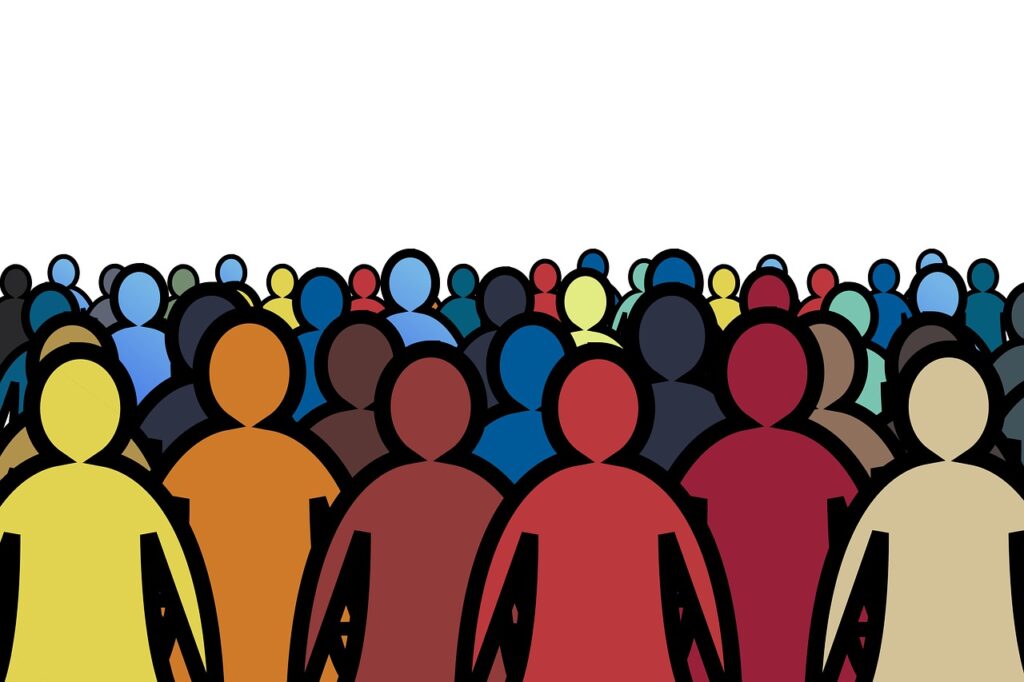
Some people choose to be childfree out of concern for the rest of the world. We live on a finite planet with finite resources. Current consumption patterns in the West and in other developed countries have depleted and damaged many of the resources necessary to sustain life on Earth. By adding more people to the planet, especially above replacement-level, we risk worsening the current climate crisis and further straining the life-supporting resources we rely on until sustainable alternatives are created.8 For many, the present state of the world, from the climate crisis to global affairs to international economic struggle, is enough to deter them from raising children. Furthermore, the problems that humans will face in the future are daunting, and overpopulation will likely worsen issues like displacement caused by rising sea levels, famine, drought, disease, and increased violent and geopolitical conflict over resources. This uncertain, intimidating future can be enough to choose to remain childfree.
Myths about Remaining Childfree
There are many myths about the consequences of choosing to live childfree. These myths include misconceptions about what it means to be a family. Many believe that a family is not complete until a man and a woman have biological children together; this picture of the family is crude, and excludes the multitude of possibilities for what two or more people can create together. The traditional nuclear family model is becoming less relevant in the complex world of relationships that exists today. While one couple may decide to raise children, another couple might want to use their time and energy to explore and learn new activities and hobbies. Some couples and individuals find that living childfree leaves them more time to focus on their relationship and find ways to strengthen their connection with one another. People who want companionship can satisfy that desire without children. Some find a best friend, a partner, a lover, a pet, or all of the above!
Myth: Childfree People Hate Kids

It is likely that some people choose the childfree lifestyle simply because they dislike one or many of the qualities and circumstances that can come with children. However, just because someone does not have children, this does not necessarily mean that they hate kids. As we have mentioned, there are a variety of reasons why someone might be childfree. Some may be surprised to find there are childfree individuals who love to spend their free time with kids, and there are childfree people who work with children professionally. Just like with any hobby or passion, people can often give something more attention and energy when they have fewer personal responsibilities to tend to. Working with other people’s children is also a distinct experience from having your own to take care of, and the boundaries and expectations between a caretaker and a child compared to a parent and a child differ. Furthermore, many individuals play an involved role in the lives of their relatives’ children and may prefer this role to parenthood. Overall, each person’s decision to remain childfree is their own, and if someone does not have kids it does not mean that they necessarily dislike children.
Myth: Childfree People Are Not as Happy as Parents
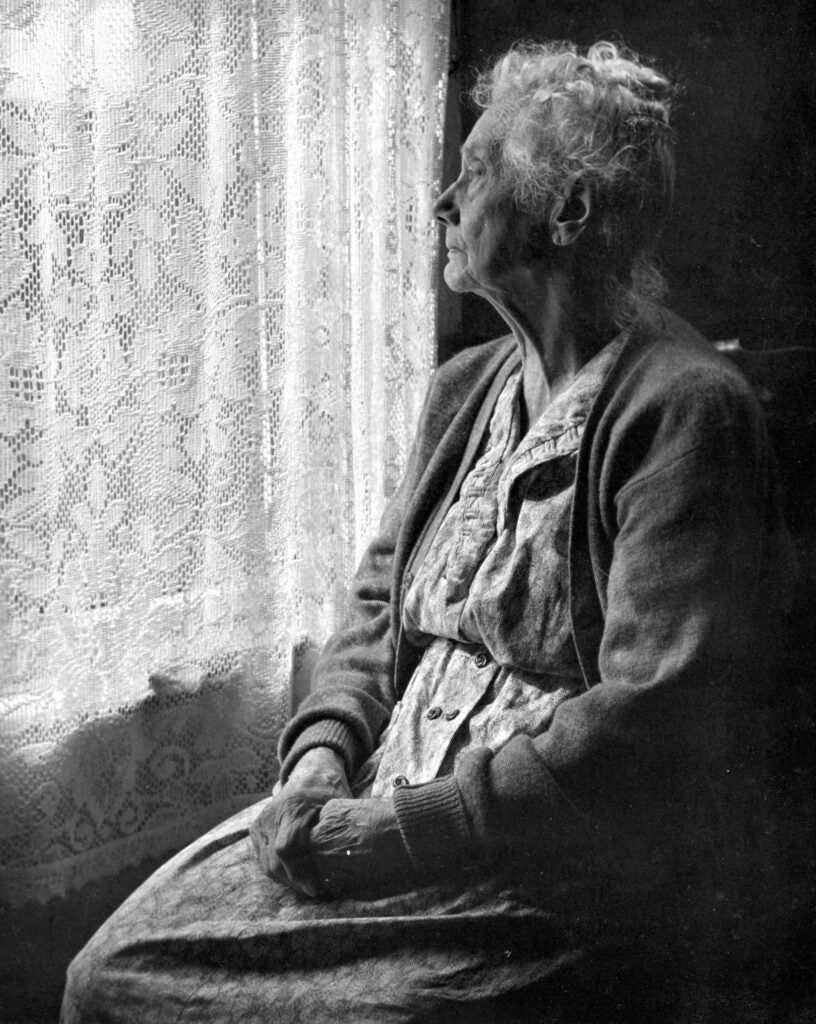
According to recent studies, childfree people and parents are equally as happy, meaning that this myth is inaccurate.3,7 However, one study did find a disparity between childfree couples and parents: parents often felt less satisfied with their romantic relationships.7 Research suggests that this may be caused by parents engaging in less relationship maintenance behaviors than childfree couples.7 Moreover, heterosexual parents were the group least likely to support each other, to make “couple time,” to pursue shared interests, to say “I love you,” and to talk openly with one another.7 So, childfree people and parents have comparable happiness levels, but children can be an influential factor when determining satisfaction within romantic relationships, particularly heterosexual relationships.
Concluding Remarks
The significance of parenthood varies culturally across the globe, and children will always be an important component of our society. However, the choice to live childfree is becoming increasingly relevant as our world adapts to new challenges and circumstances. People make many choices throughout their lives, such as their occupation, their spouse, and their decision to have children or not. The human population is approximately one billion people away from carrying capacity, which is the number of humans scientists estimate our planet Earth can hold at a given time.8 This means we are not dependent on every fertile individual to procreate in order to maintain our species. Therefore, everyone should feel empowered to make the decision that feels right to them. Whether one wants children or not, they are capable of leading a fulfilling and joyous life. Keep an open mind when evaluating others’ choices to live childfree, and by observing their experiences, you will have an easier time making that decision for yourself when the time comes.
References
- “Fertility.” Web. United States Census Bureau, 2014.
- Correll, Shelley J., et al. “Getting a job: Is There a Motherhood Penalty?” American Journal of Sociology, vol. 112, no. 5, 2007.
- Gabb, Jacqui, et al. “Enduring Love? Couple Relationships in the 21st Century: Survey Findings Report.” The Open University, 2013.
- Hofberg, Kristina, and I. F. Brockington. “Tokophobia: An Unreasoning Dread of Childbirth.” The British Journal of Psychiatry, 1999.
- Godoy, Maria. “Dolores Huerta: The Civil Rights Icon Who Showed Farmworkers ‘Sí Se Puede’.” NPR, 2017.
- “Childfree Myth and Facts – RESOLVE: The National Infertility Association.” RESOLVE, 10 Sept. 2019.
- Umberson, Debra, et al. “Parenthood, Childlessness, and Well-Being: A Life Course Perspective.” Journal of Marriage and the Family, vol. 72, no. 3, 2010.
- “Carrying Capacity.” Web. World Population, 2016.
Last Updated: 1 June 2020.
